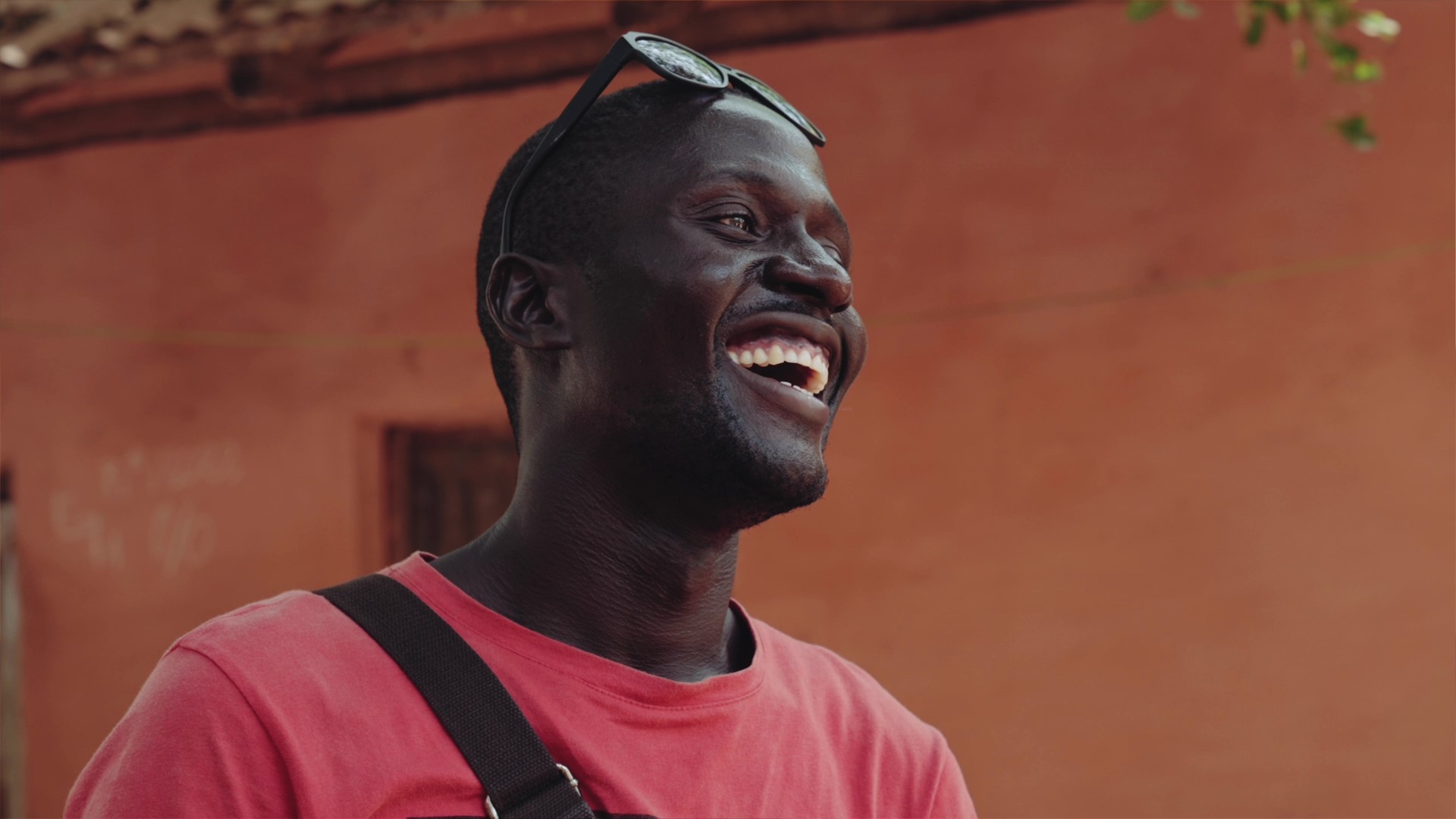Approaching Poverty: An 11-Day Devotionalনমুনা

How should we help?
Retaining a Person's Dignity
Read James 2: 1-6
In this passage, Christians are told not to show favoritism toward the rich. It’s easy to assume that this means we should instead seat the poor man in a place of honor and leave the rich man standing in a corner. But that’s not the command the passage gives us. Reread the first verse.
My brothers, show no partiality as you hold the faith in our Lord Jesus Christ, the Lord of glory. James 2:1 (NIV)
The command is to show no partiality toward anyone. So it’s important not to overcorrect. Special treatment can create just as much isolation and loss of dignity as oppression can.
Charity can be a type of special treatment. We’ve seen that never-ending charity can make people experiencing poverty expect that they will always receive handouts. And eventually, they start to see themselves as being defined by their needs instead of their human potential.
When we are asked to help a person in need, the first thing we should consider is this: Will what I do build this person up to their full potential, or am I just reinforcing the perception that I’m the giver and the other person is the receiver?
Reflection
We’ve found a few ways to help break this unhealthy dynamic: build encouraging relationships with people experiencing poverty in their community, find ways to give them new opportunities in life, and train them in a new job skill that allows them to fulfill their potential.
Cirilo Banjaqui was born in Guinea-Bissau, a country where most people earn less than $2 a day. As a child, he suffered from severe malaria and nearly died. Despite these challenges, Cirilo managed to finish high school (which is no small accomplishment in a country where the average person only completes six years of school).
After high school, Cirilo knew he wanted something more for his family than the extreme poverty he was born into. But he was unemployed and had no job skills. He had no idea what to do next.
That’s when he heard about the WAVS vocational school’s welding course. He immediately enrolled. By 2016, Cirilo had graduated from the course and opened his own welding workshop.
Today, Cirilo earns a steady income and can provide for himself and his family. He supports his brother studying at university. He has even paid two apprentices to attend the same WAVS course that changed his life. Like Cirilo, the apprentices opened their own shops after graduating. One was even so successful that he expanded his business to the capital city.
Cirilo's journey stands as a testament to the transformative power of giving someone the opportunity to be the changemaker in their own life and break the cycle of poverty.

Scripture
About this Plan

Poverty is a shared aspect of the human experience, touching each of us differently. Whether you've witnessed or experienced poverty or not, this devotional aims to encourage a compassionate and Biblical perspective on poverty. This 11-day devotional will walk you through an understanding of why poverty exists, why we should help, and how we should help. Each day includes scripture references, reflection questions, and inspiring stories.
More









